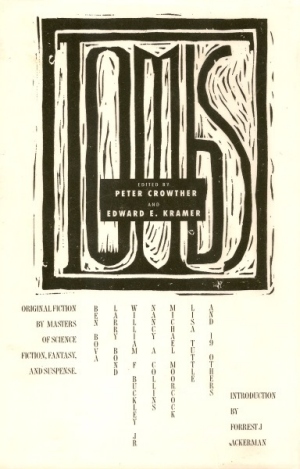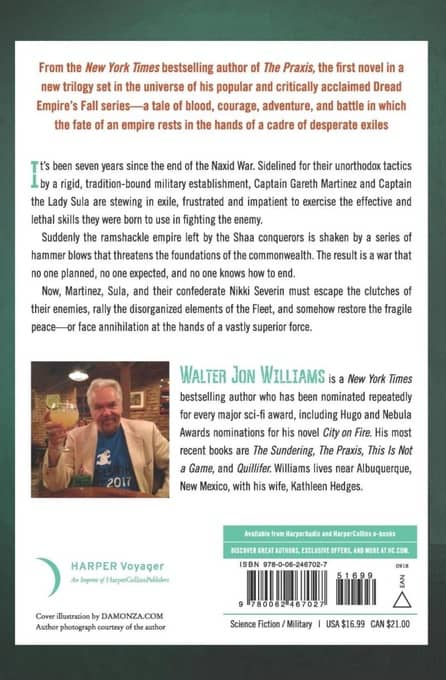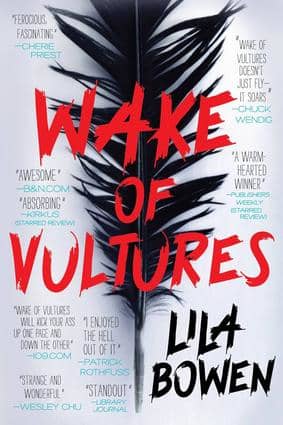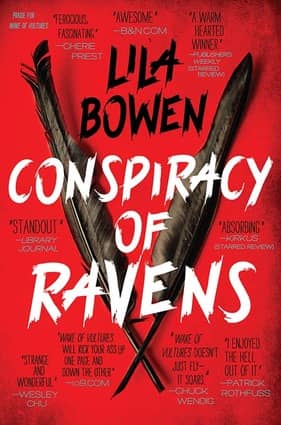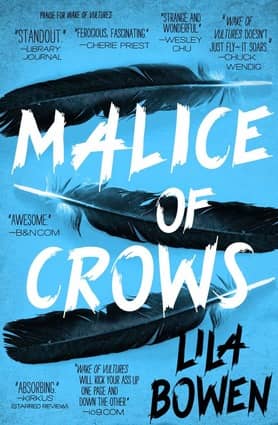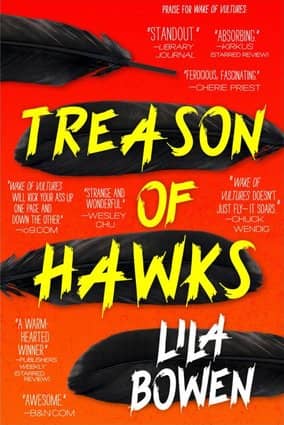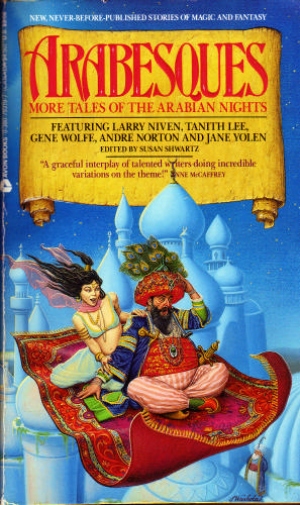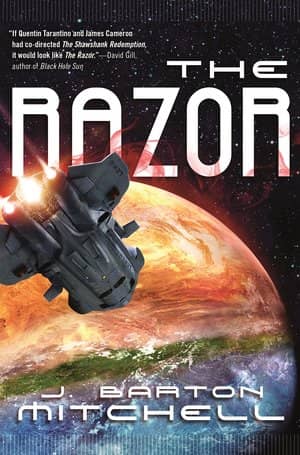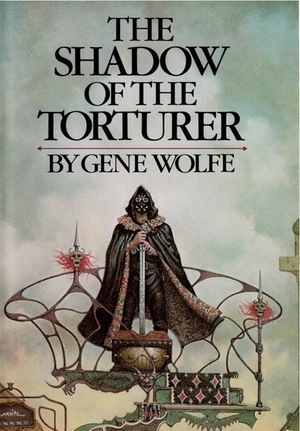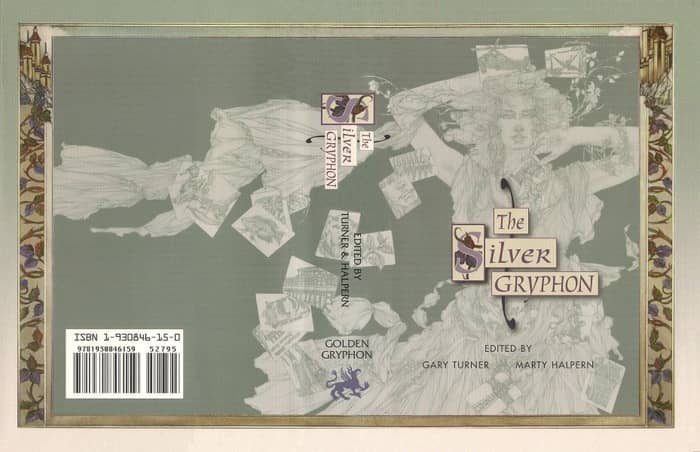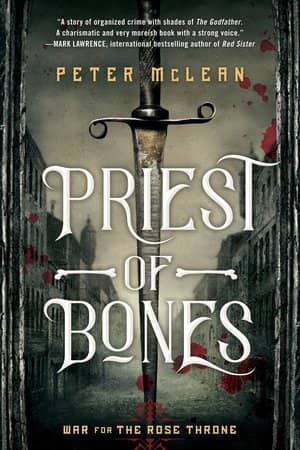Vintage Treasures: The Illusionists by Faren Miller
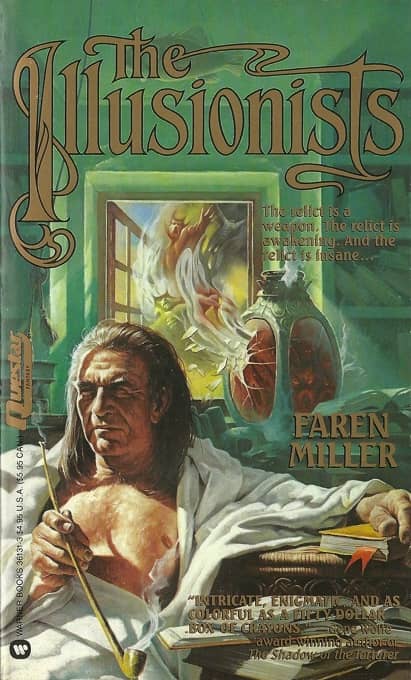 |
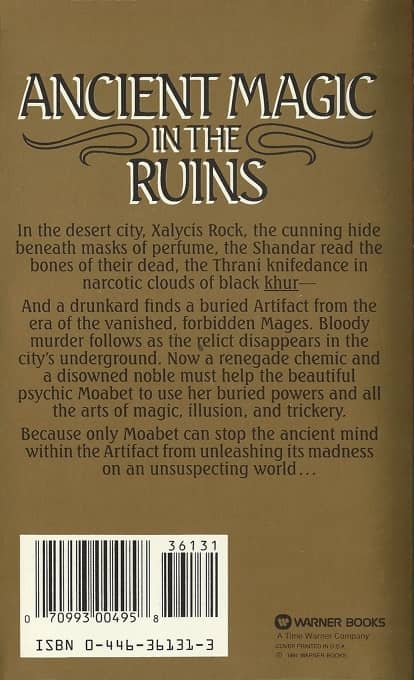 |
Faren Miller’s The Illusionists is a curious book. I snapped up a copy when it first appeared in 1991, chiefly because of the author. Faren Miller had been writing for Locus magazine for ten years by then (and she still is, with some 3,100 articles and reviews to her name in the ISFDB index), and she’d gradually become one of my favorite reviewers. Her writing was polished and assured, and always insightful and entertaining, and when ads for her debut novel The Illusionists began to appear from the fledgling Questar, the short-lived SF imprint of Warner Books, I was very intrigued.
The Illusionists came in 7th for the Locus Award for Best First Novel that year, but didn’t receive much other press that I could see, good or bad. The book vanished and has never been reprinted. Miller never wrote another novel, and this seemed to be the beginning and ending of her writing career. It currently has a lukewarm 3.0 rating at Goodreads, with only two reviews, one which enthusiastically proclaims “Just started this book with hopes that it would be a trashy Sci-Fantasy story, I am not disappointed!” and another that complains, “I did not care for this novel at all. The writing was poetic and descriptive, but the characters and plot failed to generate any sort of interest.”
But I still find the plot and setting of The Illusionists intriguing, even after all these years. I pulled out my copy this morning, and found the Prologue promising enough to grab my attention. The gorgeous cover by Gary Ruddell doesn’t hurt, either. That’s my reading for the weekend sorted then.
The Illusionists was published by Questar Books in March 1991. It is 213 pages, priced at $4.95 in paperback.
See all of our recent Vintage Treasures here.
